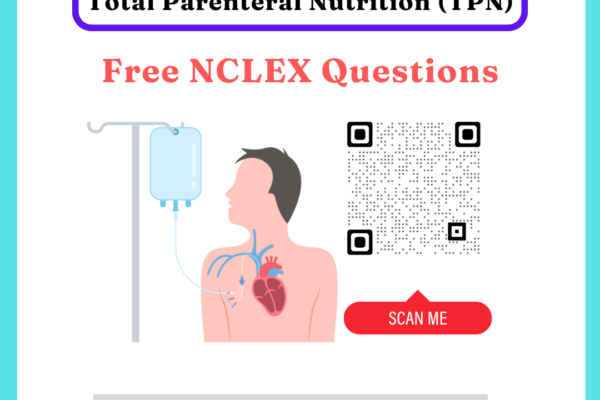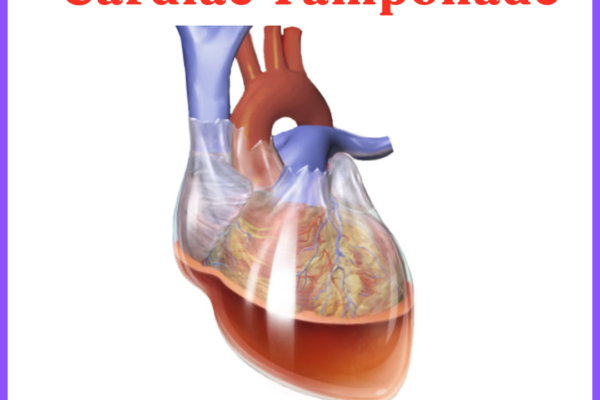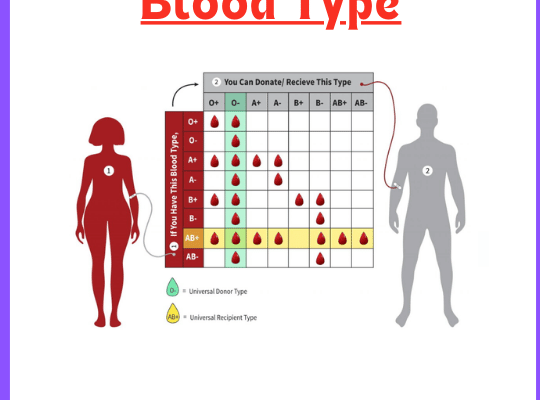
10 Core Esophageal Cancer Risk Factors
10 Core Esophageal Cancer Risk Factors 10 Core Esophageal Cancer Risk Factors For the NCLEX-RN exam, it’s crucial to understand the 10 Core Esophageal Cancer Risk Factors , as they help identify patients who may need closer monitoring and intervention. Here’s a comprehensive list of key risk factors: 1. Gastroesophageal Reflux Disease (GERD) Chronic GERD can…







